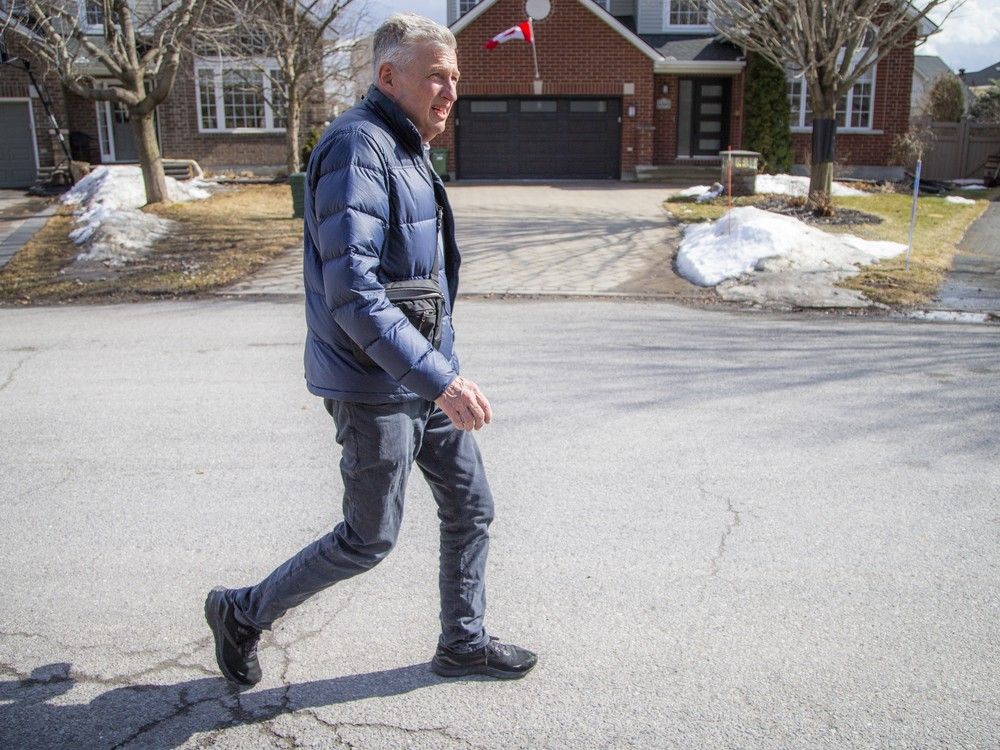It is generally unwise to ascribe to conspiracy that which can easily be explained by stupidity. I don’t understand why some people think it makes sense to
flood a riding with dozens of pretend candidates
, other than to try to confuse voters. Which, while short of being nefarious, is profoundly anti-useful. If there’s a sign of intelligent design behind the Rhinoceros-inspired (ask your parents) “
Longest Ballot Committee
” movement, it thoroughly eludes me.
News that the Ottawa-area riding of Carleton has an extraordinarily long list of 91 candidates thanks to the LBC may have shocked you. I have lived in Ottawa Centre for more than 20 years and in this unusually engaged riding we often have more candidates than elsewhere, because an unusually engaged population tends to nurture fun weirdos who put their name on a ballot on behalf of Marxists or dope or whatever. Remember the Marijuana Party’s “let’s roll” slogan? Those were the days. My memory might be defective, but I don’t remember a ballot with more than seven or eight candidates on it (although it has happened in municipal races). Nearly 100 on a federal ballot is frankly excessive.
I asked Tomas Szuchewycz, LBC spokesperson who acts as agent for the Carleton pretend candidates, what connection he sees between his attention-grabbing protest and electoral reform. He pointed to Justin Trudeau’s
unkept promise to end
the first-past-the-post system and said: “Our democracy lacks a legitimate and effective way of reforming itself.”
OK. That’s true. But.
Dalhousie political science Prof. Lori Turnbull
was quoted
in the Citizen recently expressing a healthy amount of skepticism about the tactic. “There is no logical connection between flooding a ballot with candidates and trying to make a point about first-past-the-post,” she said. “It seems like the point is disruption. It is going to disrupt the count.”
I don’t believe in conspiracy theories. Szuchewycz told me his group wanted to do the two prime-minister-hopeful ridings but lacked resources in Nepean, where Liberal Leader Mark Carney is running. Next door in Carleton, they were fine. It’s a little odd, but I’m going to dismiss rumours suggesting Carleton was picked to help the incumbent, Pierre Poilievre, from being defeated by newbie politician Bruce Fanjoy. Oh yeah — that’s a thing.
Even the New York Times
didn’t have trouble finding Carleton voters critical of Poilievre and going on the record with their intention to vote for Fanjoy.
Full disclosure: Bruce Fanjoy is my friend, and I have been an informal and unpaid adviser to him since he decided to run for office a little over two years ago. I am not now and never have been a member of any political party. That won’t change. But I support Bruce’s campaign because I really don’t like the Convoy-esque, maple-MAGA tone of the Conservative Party under Poilievre’s leadership.
Neither does Fanjoy. He has strong positions on many issues — he is a staunch ally to women and LGBTQ+ people, for one — but the overwhelming reason why he decided to run for office instead of enjoying retirement from a career in business, is that he believes Carleton deserves better than its current MP. Also, nobody else was volunteering.
Fanjoy has knocked on more than 15,000 doors in the sprawling riding and he has built incredible support, including from right-leaning, small-c and big-C Conservative supporters who, like him, dislike where the old blue party is going.
It was never going to be easy. Poll aggregators generally consider Carleton to be safely Conservative. Poilievre won it comfortably in 2019 and 2021. But in the 2015 election, the one that returned a majority for the then-popular Trudeau Liberals, his margin of victory was a lot slimmer: 27,762 votes against 25,913 for the second-place Liberal.
In a big red wave, anything can happen. Including knocking the blue leader off his seat in Parliament, because one man decided he would stand up against a party riding the noxious fumes of the 2022 occupation of Ottawa. If enough electors in Carleton agree with Fanjoy that these politics don’t belong in Canada, no amount of ballot flooding will change the outcome.
Brigitte Pellerin (they/them) is an Ottawa writer.
Related
- Citizen voter: ‘People are not able to disagree anymore’
- Citizen voter: How do you mark your ballot when no one quite fits the bill?



